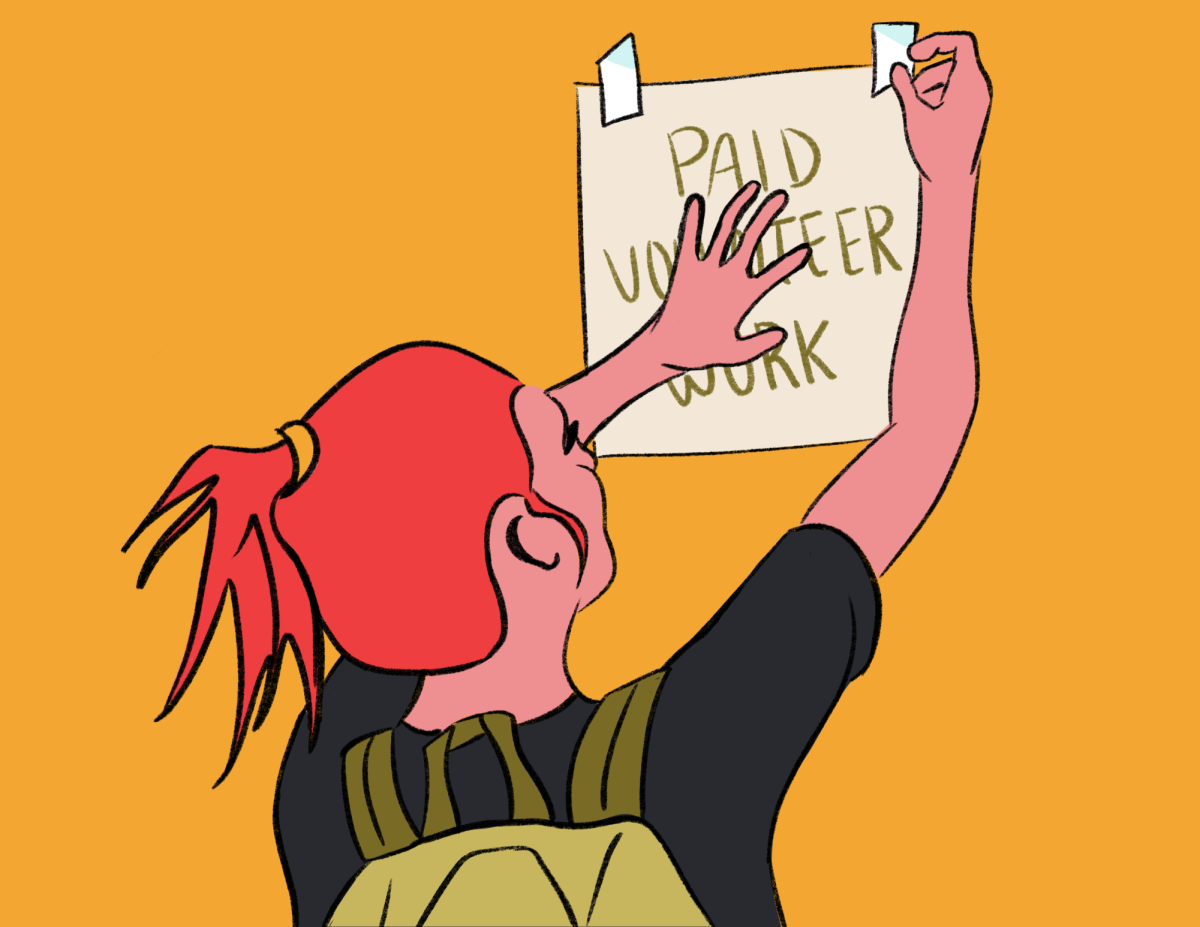Of the more than 1,000 news stories The New York Times published about the Holocaust, only 26 appeared on the front page and just six identified members of the Jewish faith as main targets of the Nazi party. The others were buried in the back sections.
At the final lecture in the “Memory and the Media” series hosted by the department of communication, Laurel Leff discussed how The Times coverage of the Holocaust affected how American citizens remembered the events. Leff, author of Buried by the Times: The Holocaust and America’s Most Important Newspaper, found through his research that Americans weren’t ignorant of the encampment of millions of Jewish people and war prisoners, as many people believe.
“A great deal of information reached the government and found its way into the newspapers,” Leff said. “So how was the memory created that Americans didn’t know?”
Leff said newspapers described the survivors by their nationality, not religion, which left people ignorant of German anti-Semitism. It was not until the 1980s that the reality of what the Jews suffered through was brought to light.
“Most of the inmates liberated were not in fact Jews, because they had been killed, which partially explained it,” Leff said.
Part of the reason the memory of American history changed in people’s minds is because it complicated the story of America’s role at the end of World War II. The media wanted to present American soldiers as heroes, instead of portraying the fact that millions suffered while America delayed entering World War II and helping the Allies, Leff said.
However, reminding Americans that the government had known about the treatment of the prisoners complicated the role and position of those soldiers as heroes, Leff said. The sudden change of focus from Nazi Germany to the Communist Soviet Union placed the reality of the Holocaust on the back burner.
“The close proximity of the end of World War II and the Cold War no doubt had an effect on the memory of the event,” Leff said.
Communication professors Suhi Choi and David Vergobbi also discussed how the media coverage affected different wars and how censorship played a role in this coverage.
A lack of proper technology affected the memory of the Korean War, Choi said. Many of the stories had to be heavily edited in order to transmit them, so the entire story could not come across. Because of this, it took decades for the truth to come out, Choi said.
“It takes 10 hours to travel from South Korea to America, but it took a half a century for one piece of truth,” Choi said.
Vergobbi said the American government and military censored many wartime stories for their own use. He argued that, during a time of war, the media is willing to cooperate with censorship for fear of being left on the sidelines and not covering the event at all.
“During wartime, the media has a co-author, the American government,” Vergobbi said. “Control the media. Control the message. Control the memory.”
About 40 students and community members attended the “Memory and the Media” series, which was also broadcast on radio station KCPW.
“This was my favorite by far,” said Jeff Van Hulten, a senior in psychology and mass communication. “It brought to light the issues of the media. It really showed us what happens with a lack of coverage in war.”
 Greg Harlow
Greg HarlowSuhi Choi, a professor in the Communications department spoke at a form about media coverage of wars and how it affected the war.














